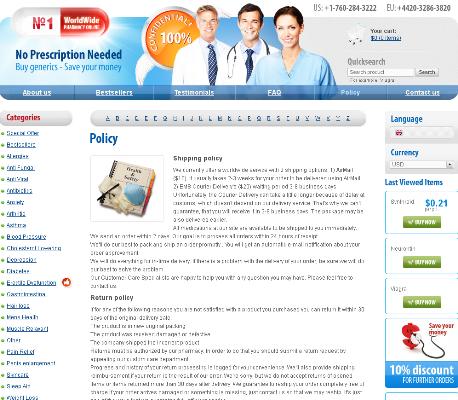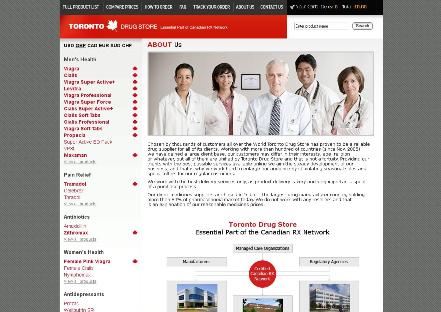Levaquin is a synthetic antibiotic that is chemotherapeutic in its action. Levaquin is an antibiotic that is effective in the treatment of severe bacterial infections. The toxicity of Levaquin which is mostly seen as hepatotoxicity or cardiotoxicity is often as a result of its susceptibility to interact with several other drugs and supplements but when Levaquin is used with appropriate dosage and combination with other therapies it produces great results. Levaquin is effective in the treatment of infections caused by bacteria that are seen on the skin, in the sinuses, kidney bacterial infections, bladder and prostrate infections. Levaquin can also be used in treating bacterial respiratory infections which are seen in pneumonia, bronchitis and other respiratory infections.
How Levaquin Works: Levaquin is known as a broad spectrum antibiotic and is effective against infections that are caused by both Gram-positive and Gram-negative bacteria. This drug carries out its action by inhibiting DNA gyrase, which is a type of topoisomerase type 2 ( this is an enzyme that is needed to differentiate the replicated DNA strands, their activity is aimed at stopping replication).By this action Levaquin inhibits replication of DNA by inhibiting the enzyme DNA gyrase.
Medical uses of Levaquin: The therapeutic uses of Levaquin are effective and they come very handy for doctors especially when the actual bacteria that caused the infection is unknown, this is why they are broad spectrum antibiotics. Since for any bacterial infection it is best to prescribe the drugs even before the laboratory and serological test result is out to give the specific bacteria that is responsible. This saves more life than waiting to administer a specific treatment for the disease. With this in mind Levaquin can be used for such medical emergency where treatment needs to be started before the clear picture is gotten. Levaquin is used for the treatment of respiratory tract infections (community acquired pneumonia, nosocomial pneumonia) urinary tract infection (acute pyelonephritis), anthrax, traveler`s diarrhea, endocarditis, prostatitis, meningitis, acute bacterial sinusitis, skin infection and pelvic inflammatory disease.
Side Effects Of Levaquin: In as much as Levaquin is very active against the activity of bacteria it has side effects which can be very life threatening and some of these side effects are permanent though it is common among long time users of Levaquin. The adverse effects of Levaquin might take some weeks to months to manifest in the patients even after the cessation of the drug because the latent form of Levaquin can also be dangerous to the human body. The most common side effects of Levaquin are; headache, nausea, vomiting, abdominal pains, fever and weakness. In prolonged users the side effects of Levaquin that may be seen include; liver damage which is identified with gastrointestinal disturbances, itching, easy tiredness, appetite loss, yellowing of skin and sclera of the eyes, darkened urine and abdominal tenderness. Another major side effect that can be noticed in prolonged users of Levaquin is side effects that affect the central nervous system with signs like seizures, nightmares, depression, confusion and insomnia. Therefore it is best to take this drug with appropriate dosage and equivalent caution. This drug can also present its side effects in an allergy with some people and this result in hives, difficulty in breathing, difficulty in swallowing, swollen tongue and lips, skin rash and palpitation (irregular heart beat). The side effects of Levaquin are seen to be severe but this does not stop the effect of Levaquin in the treatment of bacterial infection, it only allows for caution in usage.

